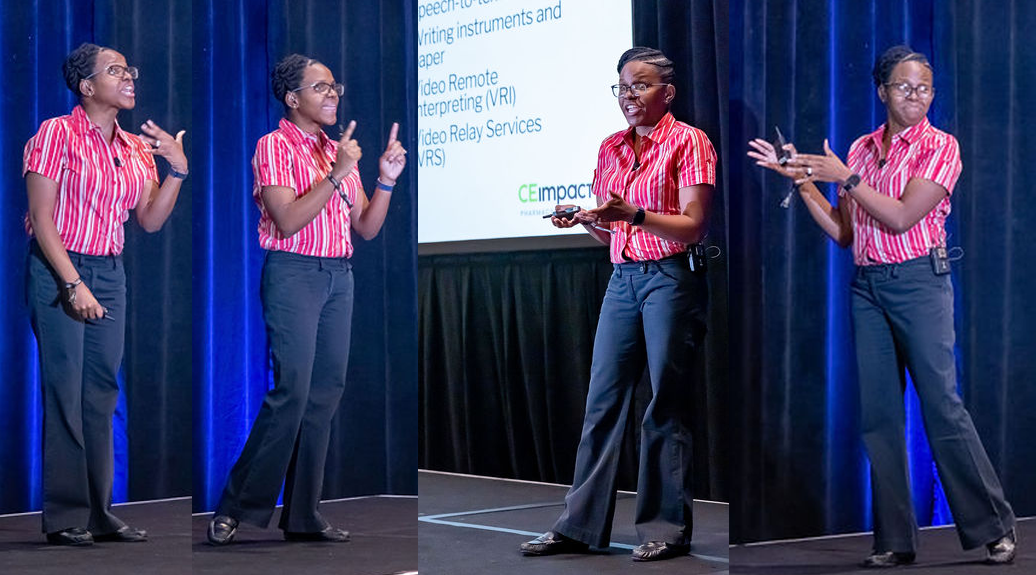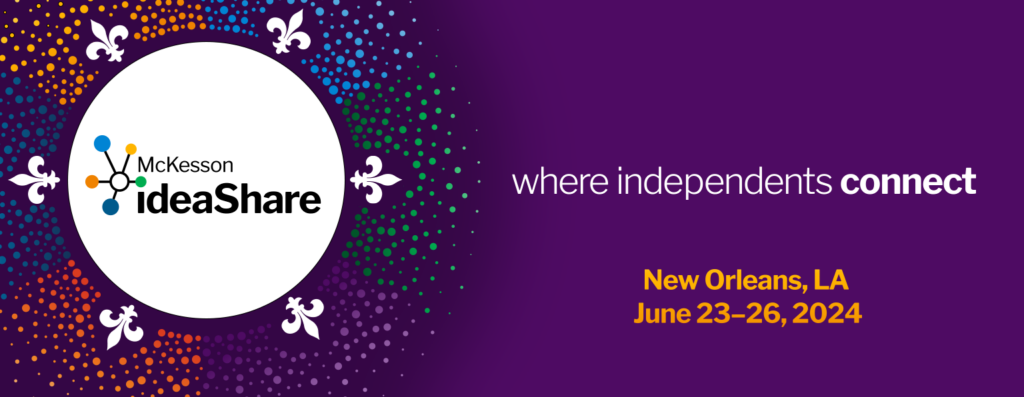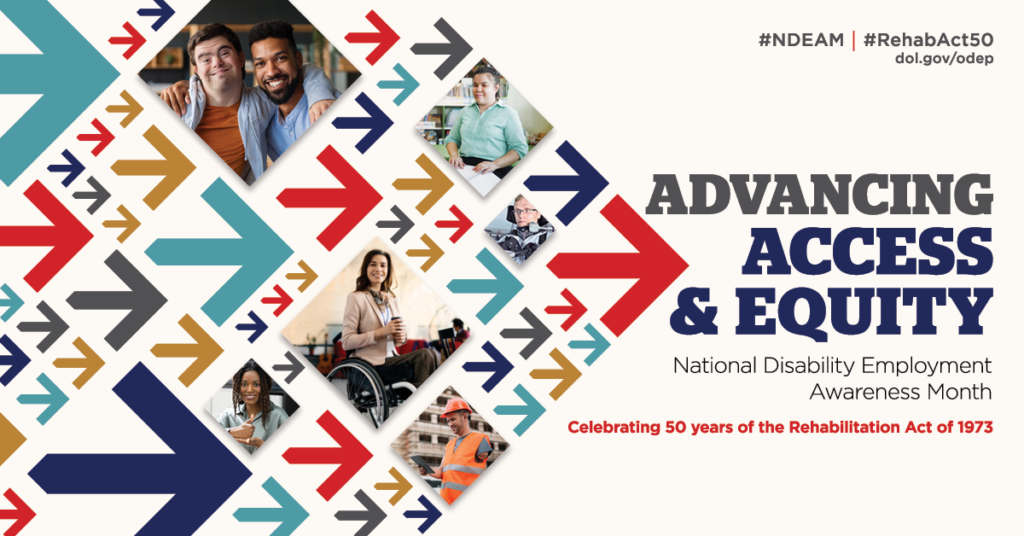This year marks the 50th anniversary of the Rehabilitation Act of 1973, which prohibits discrimination on the basis of disability in programs conducted by federal agencies, in programs receiving federal financial assistance, in federal employment and in the employment practices of federal contractors.
However, even for employers who do not have government contracts, the act underscores the importance of being more thoughtful about how people work and live together.
There are approximately 61 million adults residing in the United States with a disability, and many of these individuals face challenges when accessing healthcare services. Community pharmacy teams need to be aware of their legal obligations according to the Americans with Disabilities Act of 1990 (ADA).
In that spirit, the U.S. Department of Labor has designated October as National Disability Employment Awareness Month (NDEAM), a time to respect the contributions of America’s workers with disabilities – past and present – and highlight supportive, inclusive employment policies and practices.
Disabilities come in various forms, both seen and unseen. They can include conditions like autism, cancer survivorship, anxiety, depression and others.

At McKesson ideaShare in 2023, attendees had the chance to catch a CE hosted by Ashley Walker, PharmD, who served as a pharmacist for seven years and recently transitioned into full time entrepreneurship with her company Med Max Consulting, LLC, advocating for disability in the workplace.
“My favorite term that I use is “unique-ability.” I don’t like the word disability because it places so much emphasis on what one “can’t” do. When you hear the work “unique” it piques your curiosity. Makes you want to know more…hence the word unique-ability,” Walker said.
Prior to her transition, her experience in retail pharmacy, hospital pharmacy, and long-term care pharmacy led her to advocate for members of the deaf and hard of hearing community. That includes helping independent pharmacy teams welcoming employees and patients with accessibility challenges.
“What I would say to employers is this: Don’t get stuck on the DIS-ability. Instead focus on the UNIQUE-ability. Embrace what your employee has to offer the team. Listen,” she said.

During her CE, Walker talked about available resources for pharmacy teams and some basic sign language to use when communicating with the deaf and hard of hearing community.
“We have already had to defy the odds to get to where we are. Alleviate that burden by equipping us with whatever tools are needed to successfully contribute to the team,” Walker said.
For more insights from Walker, you follow her on LinkedIn.


